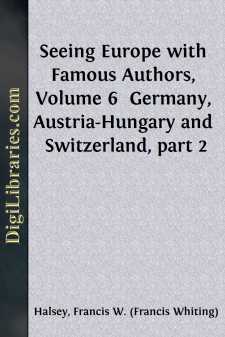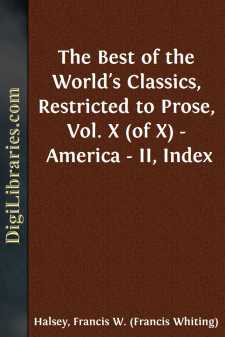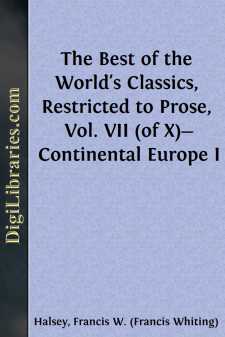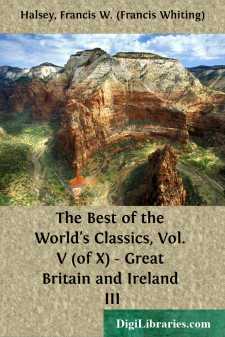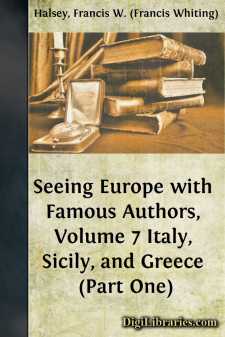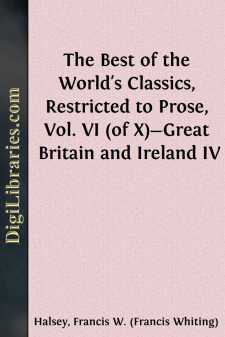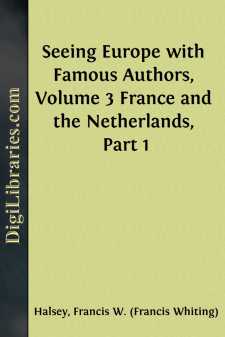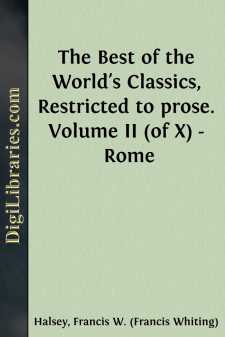Categories
- Antiques & Collectibles 13
- Architecture 36
- Art 48
- Bibles 22
- Biography & Autobiography 813
- Body, Mind & Spirit 142
- Business & Economics 28
- Children's Books 13
- Children's Fiction 10
- Computers 4
- Cooking 94
- Crafts & Hobbies 4
- Drama 346
- Education 46
- Family & Relationships 57
- Fiction 11828
- Games 19
- Gardening 17
- Health & Fitness 34
- History 1377
- House & Home 1
- Humor 147
- Juvenile Fiction 1873
- Juvenile Nonfiction 202
- Language Arts & Disciplines 88
- Law 16
- Literary Collections 686
- Literary Criticism 179
- Mathematics 13
- Medical 41
- Music 40
- Nature 179
- Non-Classifiable 1768
- Performing Arts 7
- Periodicals 1453
- Philosophy 64
- Photography 2
- Poetry 896
- Political Science 203
- Psychology 42
- Reference 154
- Religion 513
- Science 126
- Self-Help 84
- Social Science 81
- Sports & Recreation 34
- Study Aids 3
- Technology & Engineering 59
- Transportation 23
- Travel 463
- True Crime 29
Sort by:
HUNGARY (Continued) HUNGARIAN BATHS AND RESORTS[1] BY H. TORNAI DE KÖVËR In Hungary there are great quantities of unearthed riches, and not only in the form of gold. These riches are the mineral waters that abound in the country and have been the natural medicine of the people for many years. Water in itself was always worshiped by the Hungarians in the earliest ages, and they have found out through...
more...
The cemetery of Père Lachaise is the Westminster Abbey of Paris. Both are the dwellings of the dead; but in one they repose in green alleys and beneath the open sky—in the other their resting place is in the shadowy aisle and beneath the dim arches of an ancient abbey. One is a temple of nature; the other a temple of art. In one the soft melancholy of the scene is rendered still more touching by the...
more...
IMPERIAL POWER FOR GOOD AND BAD MEN Let us examine the nature of the spaciousness and continuance of empire, for which men give their gods such great thanks; to whom also they exhibited plays (that were so filthy both in actors and the action) without any offense of honesty. But, first, I would make a little inquiry, seeing you can not show such estates to be anyway happy, as are in continual wars,...
more...
BOSWELL'S INTRODUCTION TO DR. JOHNSON Mr. Thomas Davies the actor, who then kept a bookseller's shop in Russell street, Covent Garden, told me that Johnson was very much his friend, and came frequently to his house, where he more than once invited me to meet him; but by some unlucky accident or other he was prevented from coming to us. Mr. Thomas Davies was a man of good understanding and...
more...
INTRODUCTION TO VOLUMES VII AND VIII Italy, Sicily and Greece Tourists in great numbers now go to Italy by steamers that have Naples and Genoa for ports. By the fast Channel steamers, however, touching at Cherbourg and Havre, one may make the trip in less time (rail journey included). In going to Rome, four days could thus be saved; but the expense will be greater—perhaps forty per cent. ... "and...
more...
THE BEGINNINGS OF TRACTARIANISM During the first years of my residence at Oriel, tho proud of my college, I was not quite at home there. I was very much alone, and I used often to take my daily walk by myself. I recollect once meeting Dr. Copleston, then Provost, with one of the Fellows. He turned round, and with the kind courteousness which sat so well on him, made me a bow and said, Nunquam minus...
more...
About six miles north of the original Paris stands the great Basilica of St. Denis--the only church in Paris, and I think in France, called by that ancient name, which carries us back at once to the days of the Roman Empire, and in itself bears evidence to the antiquity of the spot as a place of worship. Around it, a squalid modern industrial town has slowly grown up; but the nucleus of the whole...
more...
CATO, THE CENSOR Born in Tusculum, Italy, in 234 b.c., died in 149; celebrated as statesman, general, and writer; questor under Scipio in 204; Consul in 195; served in Spain in 194; censor in 184; ambassador to Carthage in 150; one of the chief instigators of the third Punic war; among his writings are "De Re Rustica" and "Origines." OF WORK ON A ROMAN FARM When the owner of the farm...
more...


